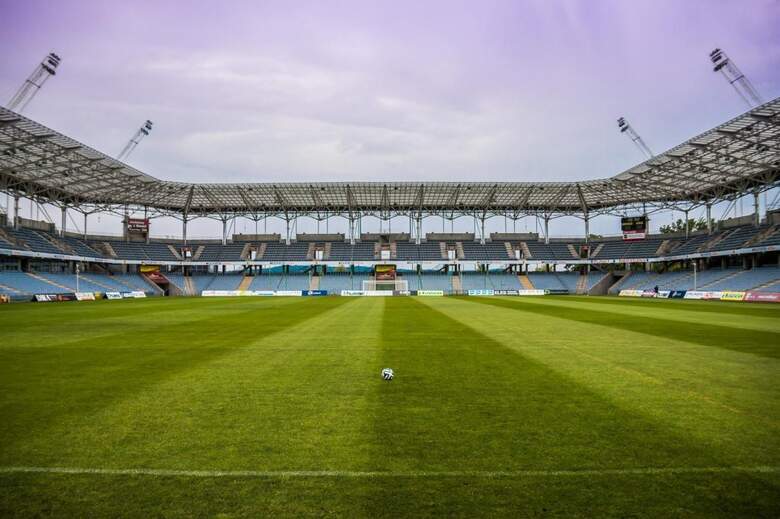
Children unable to see betting ads during live sport
Children unable to see TV betting ads during live sport before 9pm watershed as new English football season kicks off
Children will not be able to see TV betting ads in commercial breaks during live sport before the 9pm watershed as the new English football season kicks off tonight.
The resumption of the Premier League and English Football League will see hundreds of matches shown live on Sky TV and BT Sport.
But expert analysis of the “whistle to whistle” ban on TV betting ads shows the amount seen by 4 to 17-year-olds during matches was reduced to almost zero in its first year in operation.
And overall, the amount of gambling ads viewed by youngsters has fallen by 70 per cent over the full duration of live sport programmes.
Under the ban, betting adverts must not be shown on TV during commercial breaks from five minutes before a live sporting event begins until five minutes after it ends, prior to the 9pm watershed.
It was introduced by members of the Betting and Gaming Council – which represents the regulated betting industry, excluding the National Lottery – on 1 August, 2019.
A study by Enders Analysis found that during the whistle to whistle period, the number of betting ads seen by children during commercial breaks fell by 97 per cent.
The BGC highlighted the findings as football fans gear up to hundreds of live Premier League and English Football League matches in the 2020/21 season.
The first televised match will be the Championship clash between Watford and Middlesborough tonight (FRI).
Ongoing Covid-19 restrictions mean that the vast majority of fans will have no option other than to watch their favourites from the sofa rather than at the ground.
The Enders Analysis study also found that the whistle to whistle ban contributed to a reduction of 1.7 billion views of betting ads during the first five months it was in operation.
Meanwhile, there were 109 million fewer gambling ads viewed across four comparative weekends as a result of the ban.
Total betting advertising exposure during live sport before 9pm also declined by 78 per cent.
In addition, the research found that there was no apparent displacement of gambling advertising to other evening sports programmes, with the number of post-watershed ads also down by 28 per cent.
Since being set up last year, the BGC has introduced a range of measures aimed at improving standards in the industry.
These include a requirement that at least 20 per cent of TV and radio betting advertisements are safer gambling messages, cooling off periods on gaming machines, new ID and age verification checks, encouraging deposit limits and boosting funding for research, education and treatment.
And from 1 October, tough new measures are being introduced to further prevent under-18s from seeing betting ads online.

Michael Dugher, chief executive of the Betting and Gaming Council, said: “As a football fan, I can’t wait for the new season in England to start.
“But with matches still being played behind closed doors because of Covid-19, supporters will have no choice but to watch their favourites on TV.
“I’m therefore delighted by the success of the whistle to whistle ban in virtually eliminating the ability of young people to see betting adverts on TV during commercial breaks.
“The BGC was set up to improve standards in our industry, and this is a clear example of that commitment.
“At the same time, we urge the Government to work with us to crack down on black market operators who have no interest in safer gambling or protecting their customers and do not work to the same responsible standards as BGC members.
“The forthcoming Gambling Review will also provide further opportunities to improve standards and we look forward to working with the Government on this.”
